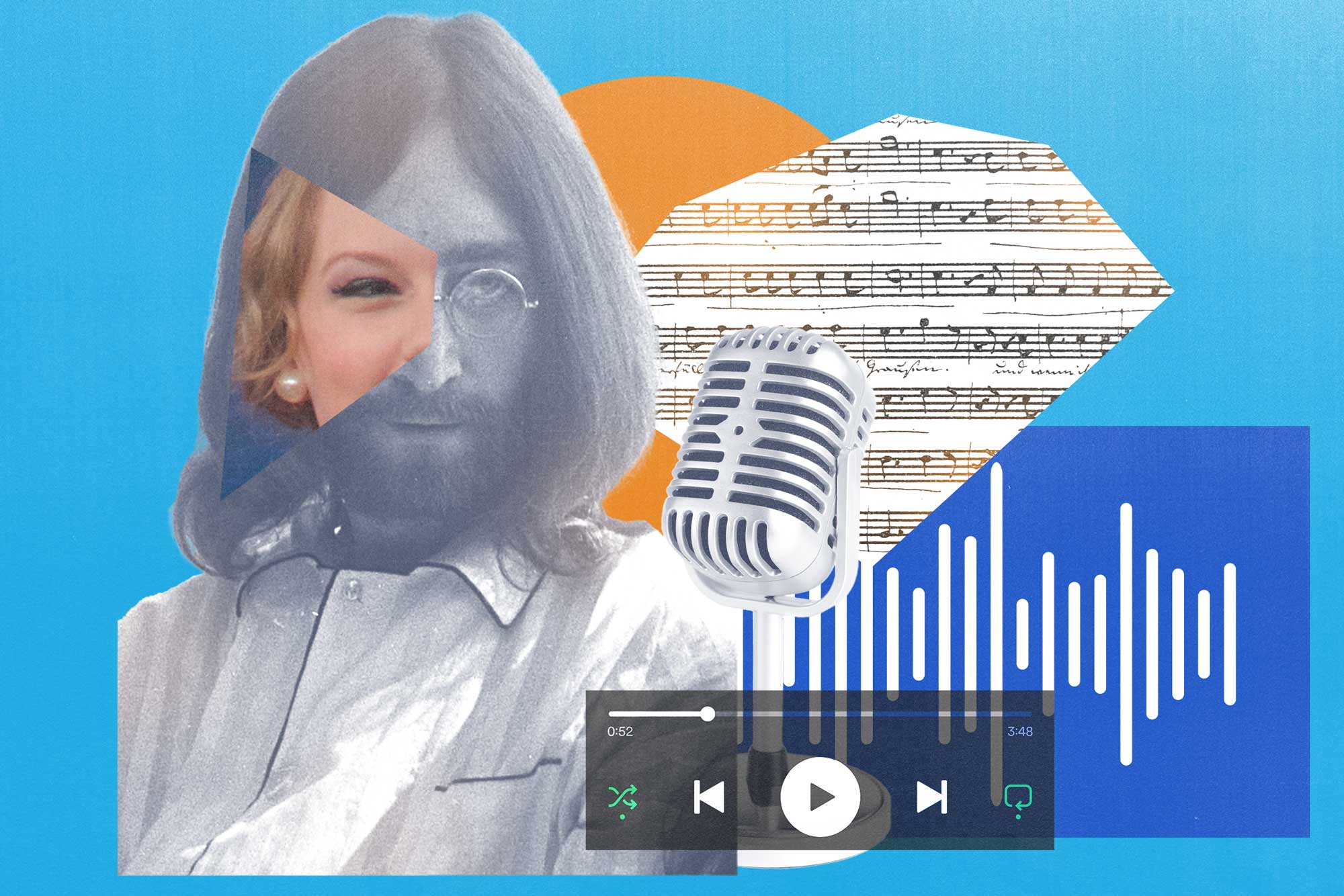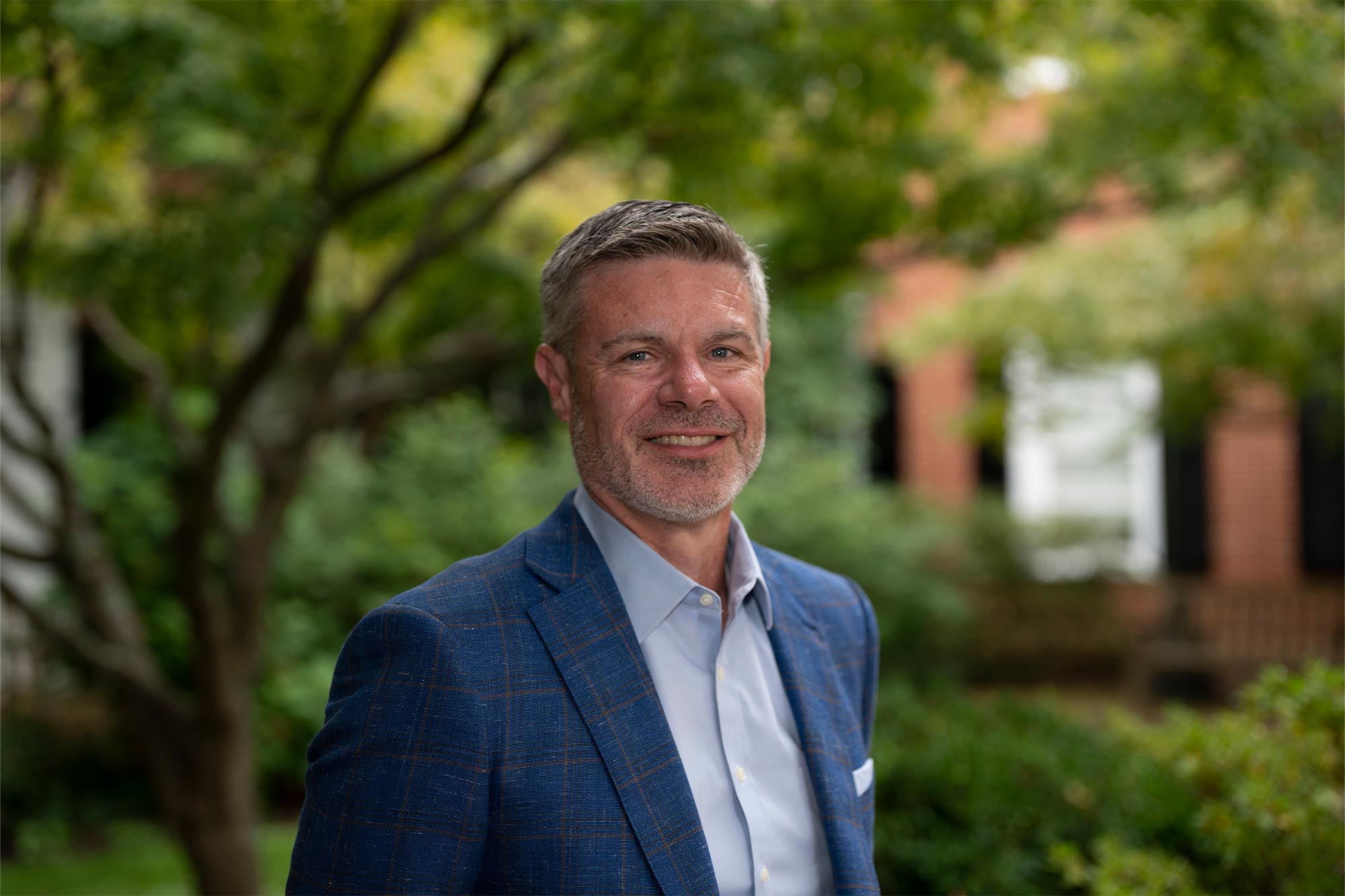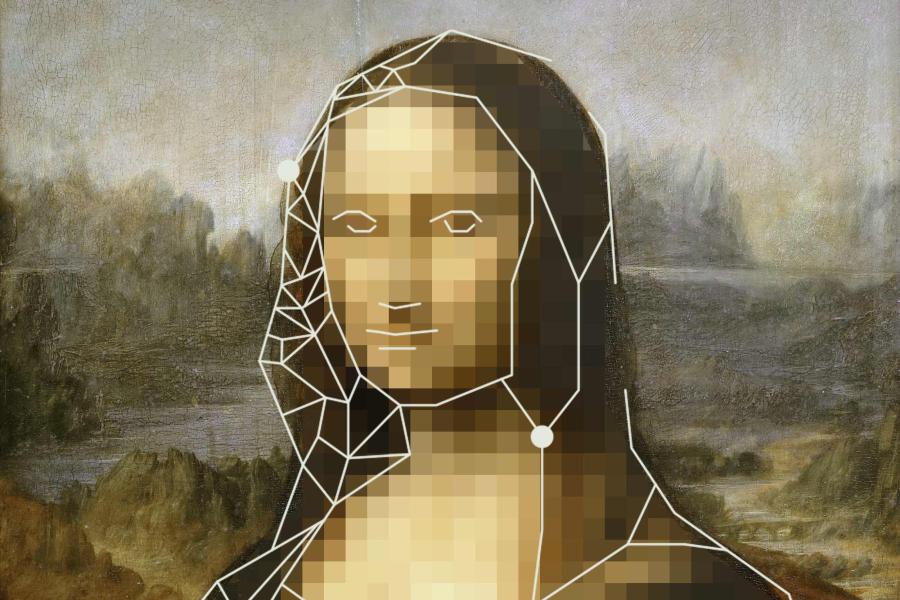“There are always musicians who have been really interested in experimenting with cutting edge technology. Those musicians tend to be marginal, though,” Hamilton said. Most people making music, he said, are in it for emotional and artistic reasons that seem antithetical to the use of AI.
There are questions about whether the AI music craze will last. For a few years, “immersive art experiences” that used AI to expand existing works by visual artists like Vincent Van Gogh were cropping up in cities across North America. This summer, Lighthouse Immersive Inc., one of the companies behind such experiences, filed for bankruptcy.
Similarly, some of the interest in AI music might be for its novelty.
“Most AI music that I've encountered, personally, is gimmickry,” Hamilton said.
There’s so much hype around AI that companies are going to rush into the technology without having a clue what they’re doing or how they’re going to use it to create value, according to Lenox.
“You’re in a world where every company feels the need, on earnings calls, to mention generative AI and what they’re doing about it, and a lot of it is BS,” Lenox said.
Grushka-Cockayne predicts a day where AI music will become part of our daily lives, like spellcheck or predictive text.
“I don’t think it will die down. The drama around it may just stabilize a little bit,” Grushka-Cockayne said.













